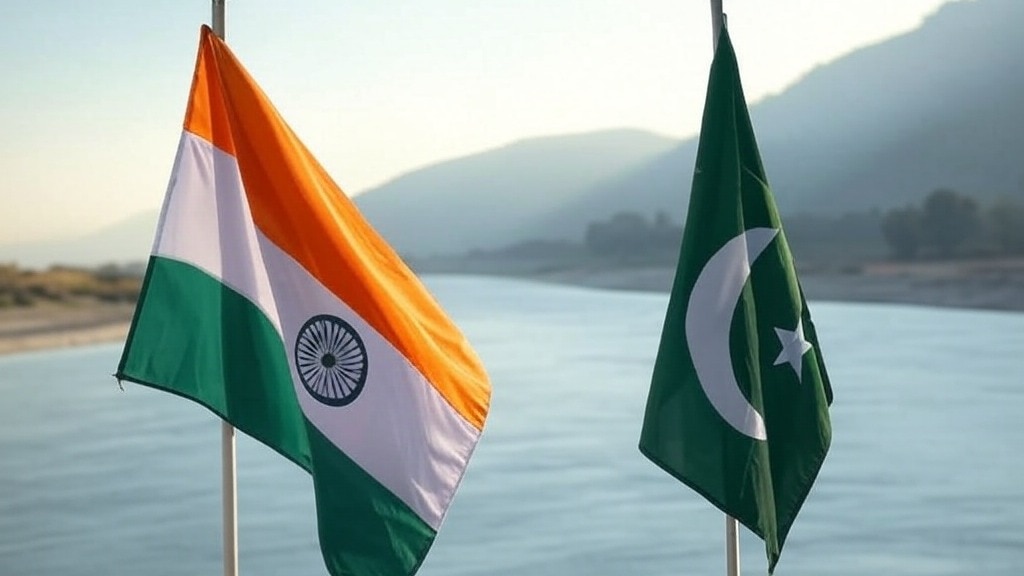India has imposed a blanket ban on all imports and goods in transit from Pakistan, escalating its response to the April 22 terror attack in Pahalgam.
The move, which follows the closure of the Wagah-Attari trade route, formalises a complete halt in cross-border trade and is expected to severely impact several Pakistani sectors.
“Direct or indirect import or transit of all goods originating in or exported from Pakistan, whether or not freely importable or otherwise permitted, shall be prohibited with immediate effect,” said a notification by the Ministry of Commerce. “This restriction is imposed in the interest of national security and public policy.”
The ban comes days after terrorists massacred 26 civilians, including a Nepalese tourist and a local pony guide, in the scenic Baisaran meadow. India has since suspended the Indus Waters Treaty and hardened its diplomatic and economic stance.
India’s trade with Pakistan has been in decline since the 2019 Pulwama attack. In FY24-25 (April–January), India exported $447.65 million worth of goods to Pakistan, while imports stood at just $0.42 million. In 2023-24, exports were $1.18 billion, and imports were $2.88 million—barely 0.1% of India’s total global trade.
Despite the low volume, several Pakistani industries relied heavily on specific Indian imports. Here’s what Pakistan imported most from India in 2024:
- Organic chemicals – $164.19 million
- Pharmaceutical products (including drug formulations) – $120.86 million
- Plastics – $4.94 million
- Inorganic chemicals, precious metal compounds – $4.67 million
- Mineral fuels, oils, distillation products – $2.70 million
- Miscellaneous chemical products – $2.09 million
- Modified starches, glues, enzymes – $1.53 million
- Dyeing extracts, pigments, tannins – $1.27 million
- Miscellaneous edible preparations – $1.20 million
- Medical apparatus, optical instruments – $0.38 million
- Smaller imports included cereals, vegetables, auto components, dairy, and spices.
The halt is likely to disrupt Pakistan’s pharmaceutical, chemical, and food sectors, which depend on Indian inputs. Informal trade via third countries like the UAE and Singapore—estimated at $10 billion—may also come under strain due to heightened scrutiny and costs.







